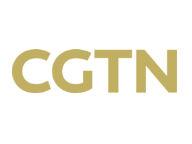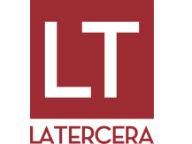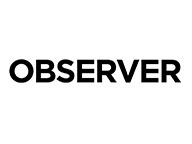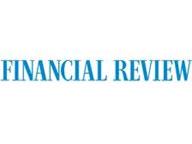Faculty News
—
The Dunning-Kruger effect, joint research by Professor Justin Kruger, is featured
—

Excerpt from US News & World Report -- "Cultural differences and power dynamics help explain why some workers lack awareness about their performance and professional image. So does the fact that 'people seldom receive negative feedback about their skills and abilities from others in everyday life,' according to Dunning and Kruger."
Faculty News
—

Excerpt from US News & World Report -- "Cultural differences and power dynamics help explain why some workers lack awareness about their performance and professional image. So does the fact that 'people seldom receive negative feedback about their skills and abilities from others in everyday life,' according to Dunning and Kruger."






















